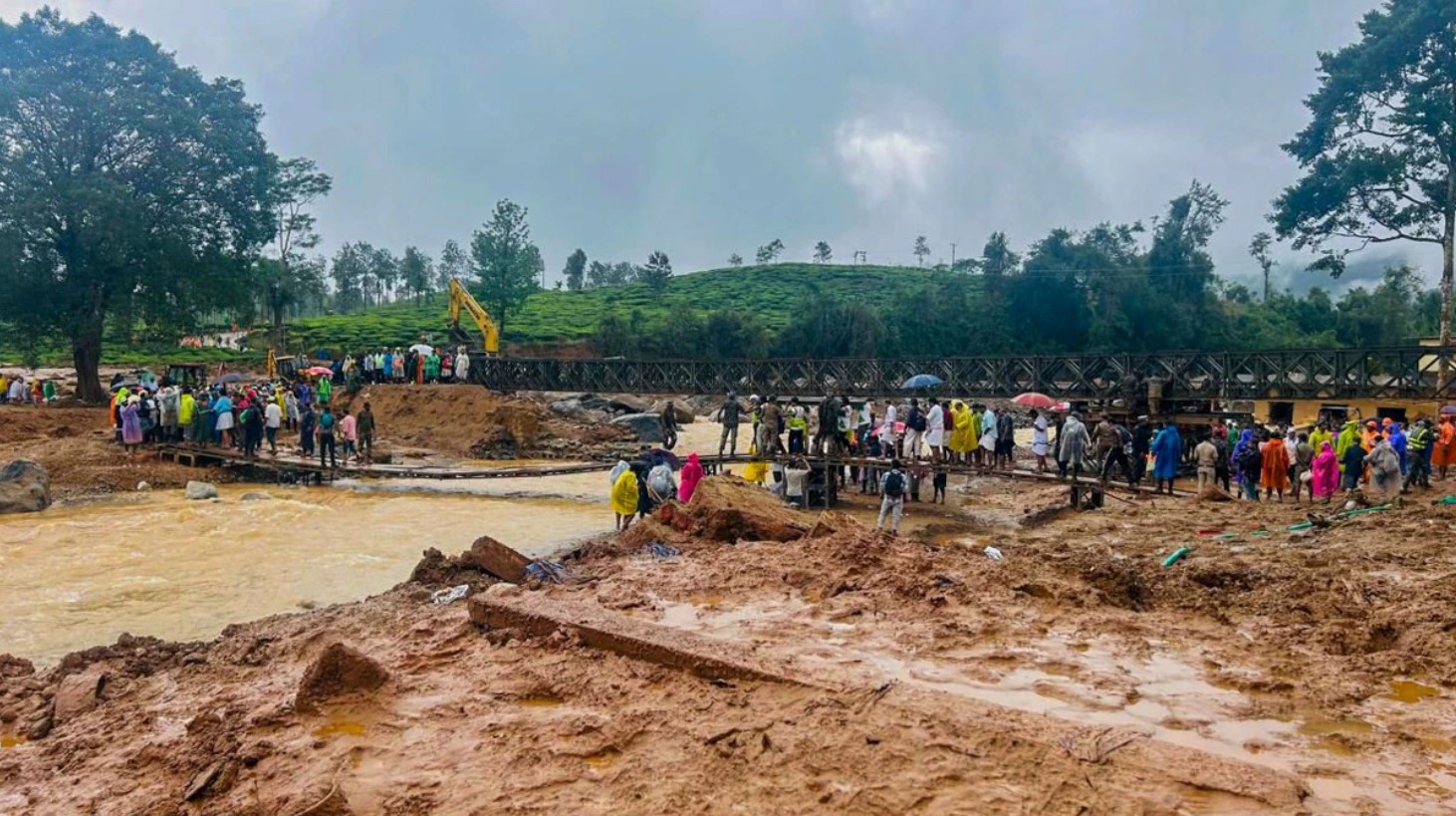


On Friday, the Kerala High Court emphasized the urgent need for a holistic approach to development to avoid disturbing ecological balance and prevent environmental disasters like the recent Wayanad landslides. This call to action came during a suo motu case initiated to investigate the causes behind the devastating landslides that struck Wayanad district last week.
Addressing Ecological Imbalance
A Division Bench consisting of Justices AK Jayasankaran Nambiar and Syam Kumar VM highlighted the critical consequences of disrupting the natural environment. The Court noted that landslides exemplify the impact of such disruptions. They pointed out the dangers of inadequate assessments before undertaking activities such as mining, quarrying, and infrastructure development, which can precipitate environmental disasters.
"When you remove resources from nature without proper assessment, the ecological balance is disturbed," the Court observed. "Landslides are a classic example of how such imbalances manifest. A comprehensive approach is necessary to evaluate the social, economic, and ecological impacts of these activities."
Comprehensive Policy Needed
The Court stressed the importance of formulating a comprehensive policy to prevent such incidents. In response, the Bench appointed Senior Advocate Ranjith Thampan as Amicus Curiae. Thampan is tasked with providing recommendations on how the State can reassess its policies to promote environmental preservation and sustainable development.
The Court directed Thampan to review all relevant legislation to understand the existing policies related to mitigating environmental disasters and maintaining ecological balance.
Reassessment of State Mechanisms
The High Court had previously been involved in a case concerning quarrying and construction activities in Wayanad. It had reserved its verdict on this matter on July 29, just before the landslides occurred. The recent disaster prompted the Court to re-evaluate the situation and scrutinize the State's mechanisms for managing sensitive areas and balancing economic development with ecological stability.
The Court also questioned the State on whether it had adequate plans and mechanisms in place to manage such sensitive regions effectively.
Broader Involvement
To address the issue comprehensively, the Court has impleaded several key parties, including the National Centre for Earth Science Studies, Geological Survey of India, Union of India, Ministry of Defence, Ministry of Science and Technology, Kerala State Disaster Management, State Environmental Impact Assessment, and the Coastal Zone Management Authority.
The matter is scheduled to be heard next on August 16, when the Court will outline specific issues and develop a plan of action to tackle natural disasters and promote sustainable development in the state.
This development underscores the growing recognition of the need for integrated policies that balance development with environmental stewardship, aiming to prevent future disasters and ensure ecological resilience.
TAGS: Kerala High Court Wayanad landslide Environmental disaster Holistic approach Ecological balance Suo motu case